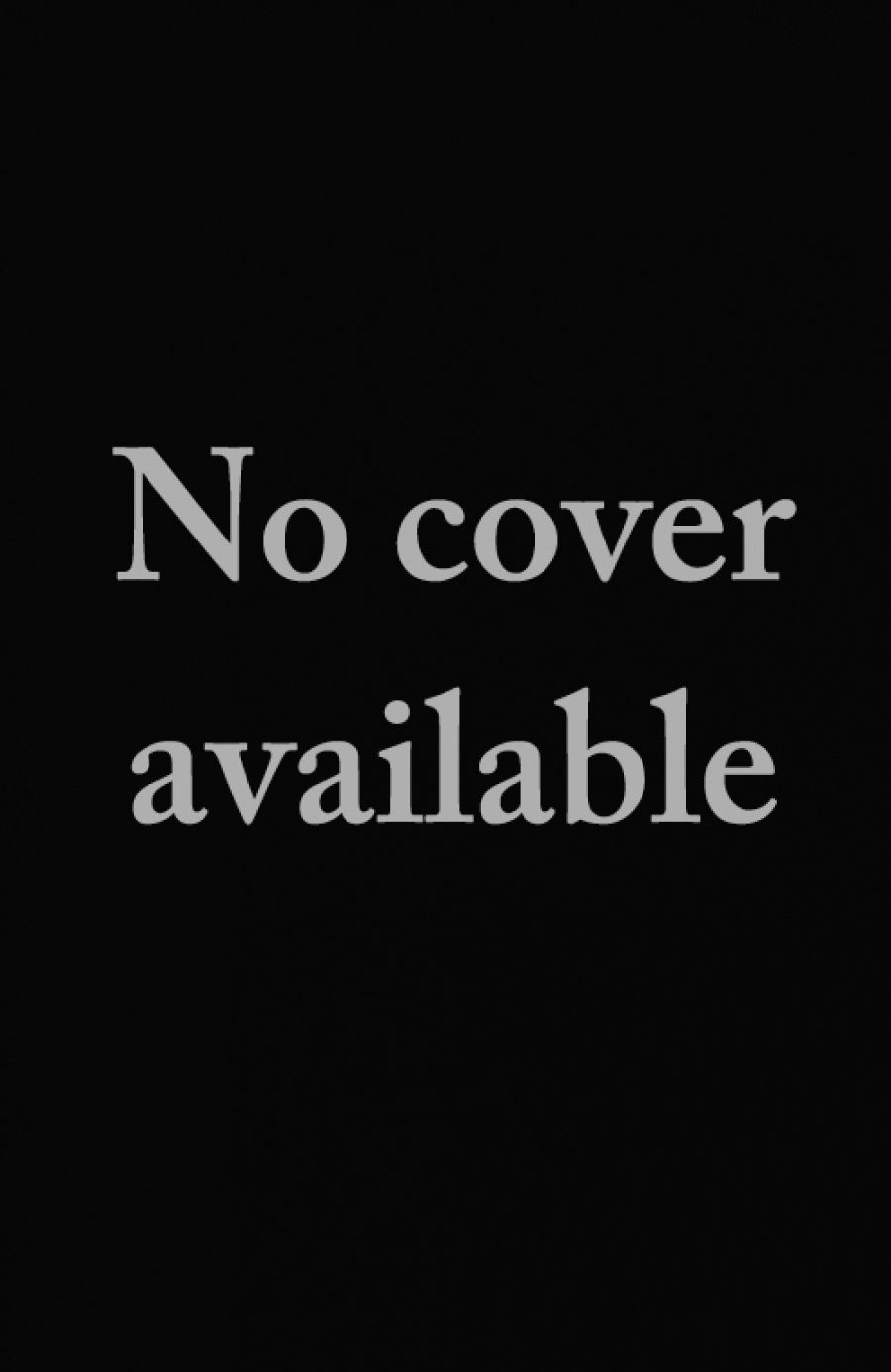
- Free Article: No
- Contents Category: Fiction
- Review Article: Yes
- Custom Highlight Text:
John Kinsella, who has made a name for himself in Australia and abroad as poet and critic/commentator, has published an extended prose sequence which his publishers describe as a novel, called Genre. It’s dedicated to Derrida, as well as Kinsella’s partner, Tracy Ryan; and it begins with quotes from Defoe (on the plague) and Dennis Hopper (on drugs). Genre reads like a kind of journal/essay with meditations on ideas of seeing, on poetry, and addiction, intercut with several narratives. ‘In the Theatre of the Imagination, all but one of the eight stages are occupied ... The Renaissance Man is writing an essay on an exhibition and thinking about his latest books on aesthetics.’ The narrator’s essay is called ‘A Public Viewing of Private Spaces’.
- Book 1 Title: Genre
- Book 1 Biblio: FACP, $19.95 pb, 318 pp
Every good work re-invents a genre (who said that?). Now people say the novel is dying, but the novel was born dying (John Barth said that in Sydney last year). Genre is always up for grabs, for being redefined. Just as Kinsella said in his article in The Australian’s Review of Books (April 1997) that there is a ‘new poetry’ emerging here, there are always people pushing at the boundaries of forms like the novel.
Genre places writing, poetry, art, at the centre of a book, or space of display. The narrator in Genre becomes a ‘Curator’, ‘the omniscient organiser, custodian of seeing’, in writing which is presented as an exhibition space. The narrator writes about creating a space in which writers are read in the context of each other’s work, in a ‘deterritorialised’ zone. The journal reflects on poetry; there are short interludes on John Forbes and the Cold War, Robert Adamson’s and Juno Gemes’ The Language of Oysters, the language of poets, the different camps in Australian poetry – Aboriginal poetry and Lionel Fogarty, ‘women’s poetry’, the East–West divide. There are letters to Kristeva and Chomsky. De Sade and Finnegan’s Wake, Burroughs, and Genet, are in the mix, with veganism and a recipe for biscotti with chocolate and black pepper. So are the junkies in the Bamboo Den, Surabaya, scraping shit from the floor, reading about Reagan in the Jakarta Post; and the researcher extracting the eyes of roadkill with a scalpel. The narrative moves from Perth and hinterland to Bangalore, reminding me of the way people in Central Australia are remote enough from Sydney to connect as directly to Berlin or Boston as with Sydney or Melbourne. The book refers to surveillance, as well as the spaces in which we are seen and the meanings of seeking.
Kinsella has adopted the Thomas Bernhardt standard paragraph, a whole book long, though set in elegant narrow columns of prose. But Genre’s block of flats – like Perec’s apartment house? – is on the back of a truck with the accelerator flat to the floor. Is it a man, is it a bird, have I been run over by a breathless column of prose? ‘It’s Friday night and the girls next door will be partying soon. Weekends are “speed time”.’ It’s like channel surfing – are the narratives the serials and the bits about Australian poetry the commercials? ‘She’s watching TV and reading snatches of text during the adverts.’ The artists live within a system that feeds the virus (capitalism?). In the end, the virus is back, the eviction notices arrive, the house of plague is shut up.
Is genre only a question that worries publishers (novel sell), librarian and booksellers (which shelf?)? It’s all writing and the rest is just fretting about concepts. But it creates the environment in which our work will be received by readers as well as critics. This book brings up the questions we ask ourselves about our own work. How much do we need narrative? Or story? Unity? Closure? How much can we ask of the reader, and for how long? How much can we loosen structure? (Kinsella quotes from Creeley: ‘I Begin Where I Can, and End When I See The Whole Thing Returning.’) We ask: who is our audience? Is writing just playing in a pen full of words and meaning? Or is there something we want to say? And when do we become self-indulgent?
I flagged in the middle of this book – all that speed. Writing as addiction. (Naked Lunch wasn’t my book either). I reread, looking for a sense of a reflective voice that would deepen the speeding narrative. Writers will want to read this book for the ideas, if not for the gossip, for the experiment and the reflections on poetry. Genre is clever, pyrotechnic, thoughtful, confronting. But it never stands still, it works on surfaces and change and slippage.


Comments powered by CComment